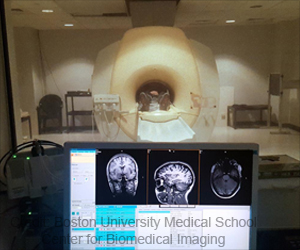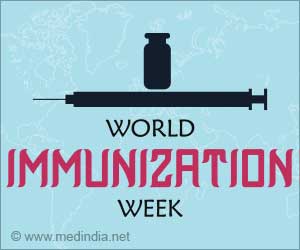
‘“Smart Drugs” increase motivation, but a reduction in the quality of effort, crucial to solving complex problems, annuls this effect. #Cognition #motivation #ADHD’
Tweet it Now
In four double-blinded, randomized trials in Melbourne, each a week apart, the same 40 healthy participants took one of three popular ‘smart’ drugs (methylphenidate, modafinil, or dextroamphetamine) or a placebo. They were assessed on how they performed in a test designed to model the complex decision-making and problem-solving present in our everyday lives.While previous studies into the effects of smart drugs have used simpler cognitive tasks targeting memory or attention (1✔ ✔Trusted Source
Cognitive Enhancement Drug Use Among Future Physicians: Findings from a Multi-Institutional Census of Medical Students
Go to source), the Melbourne trial involved more computationally complex activities that better simulate the difficult nature of tasks people encounter in daily life.
‘Smart Drugs’ May Diminish Performance in Those Without ADHD
Participants were asked to complete an exercise known as the Knapsack Optimisation Problem – or ‘knapsack task’ – in which they were given a virtual knapsack with a set capacity and a selection of items of different weights and values.The participants had to figure out how to best allocate items to the bag, to maximize the overall value of its contents. Overall, participants taking the drugs saw small decreases in accuracy and efficiency, along with large increases in time and effort, relative to their results when not taking the drugs.
When given methylphenidate – often used to treat ADHD in children (2✔ ✔Trusted Source
Are prescription stimulants “smart pills� The epidemiology and cognitive neuroscience of prescription stimulant use by normal healthy individuals
Go to source), but increasingly taken by college students cramming for exams – participants took around 50% longer on average to complete the knapsack problem as when they were given a placebo.
In addition, participants who performed at a higher level in the placebo condition compared to the rest of the group tended to show a bigger decrease in performance and productivity after receiving a drug.
Advertisement
By contrast, participants who had a lower performance in a placebo condition only very occasionally exhibited a slight improvement after taking a drug (3✔ ✔Trusted Source
Not so smart? “Smart†drugs increase the level but decrease the quality of cognitive effort
Go to source). More research needs to be conducted to find out what effects the drugs are having on users without ADHD.
Advertisement
Performance did not generally increase, so questions remain about how the drugs are affecting people’s minds and their decision-making. The results show researchers have yet to establish the effectiveness of pharmaceutical enhancers on our performance when used by neurotypical people to perform everyday complex tasks.
Hence, drugs that are expected to improve cognitive performance in patients may be leading to healthy users working harder while producing a lower quality of work in a longer amount of time.
References:
- Cognitive Enhancement Drug Use Among Future Physicians: Findings from a Multi-Institutional Census of Medical Students - (https://link.springer.com/article/10.1007/s11606-012-2249-4)
- Are prescription stimulants “smart pills”? The epidemiology and cognitive neuroscience of prescription stimulant use by normal healthy individuals - (https://psycnet.apa.org/record/2011-18633-001)
- Not so smart? “Smart” drugs increase the level but decrease the quality of cognitive effort - (https://www.science.org/doi/10.1126/sciadv.add4165)
Source-Eurekalert










